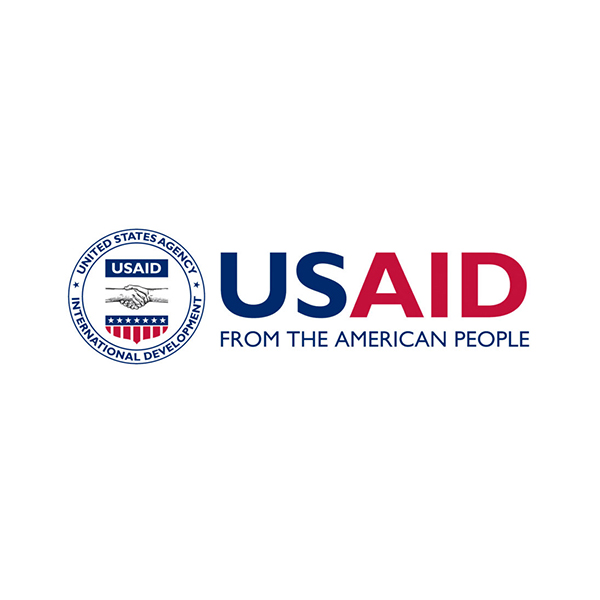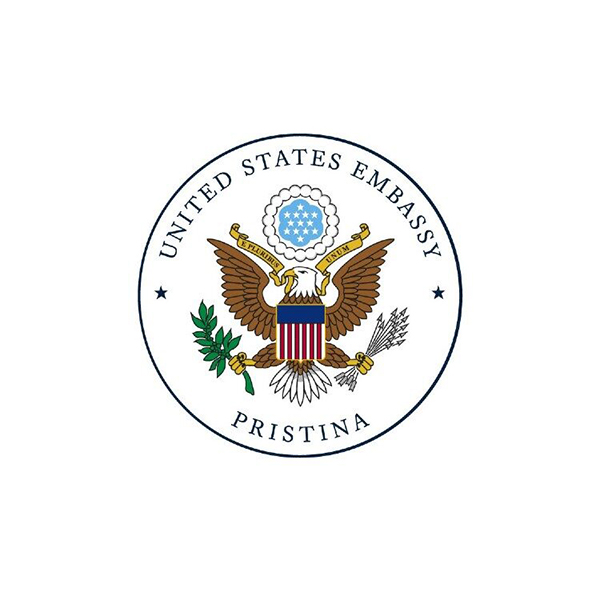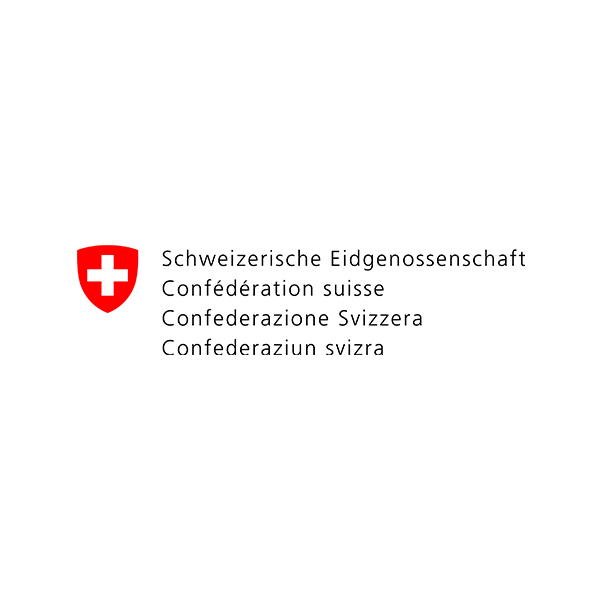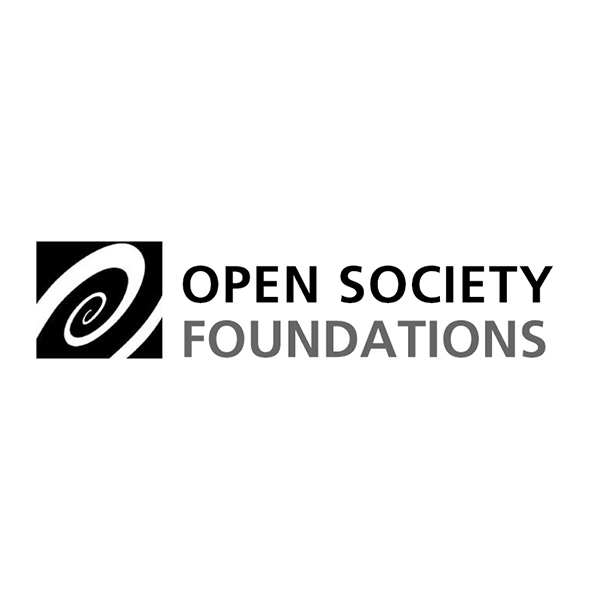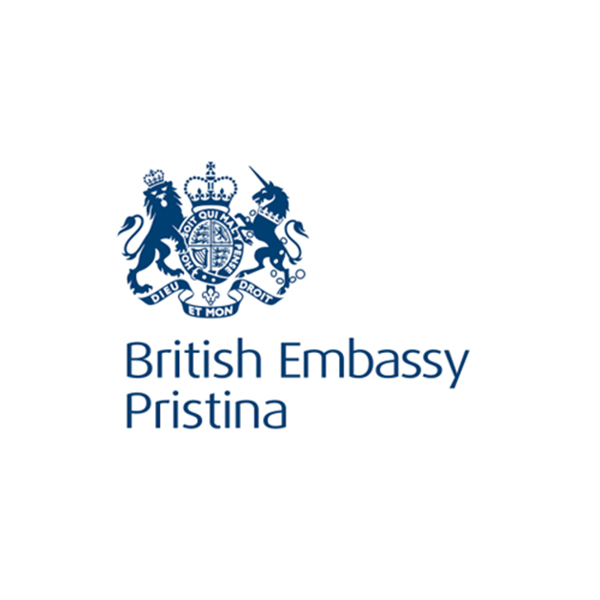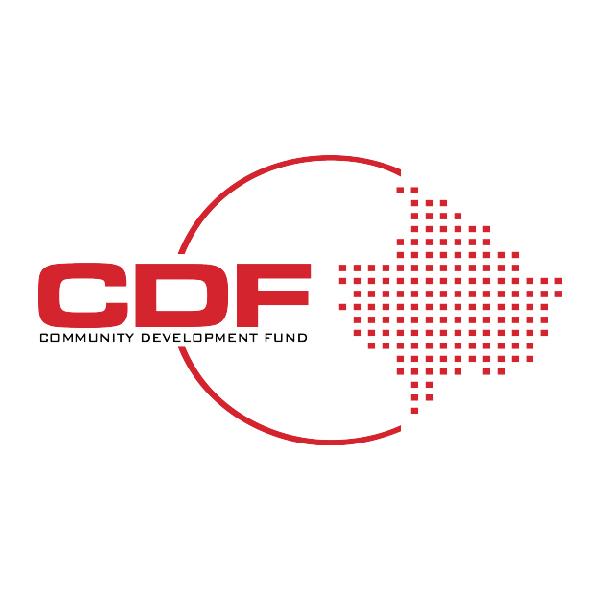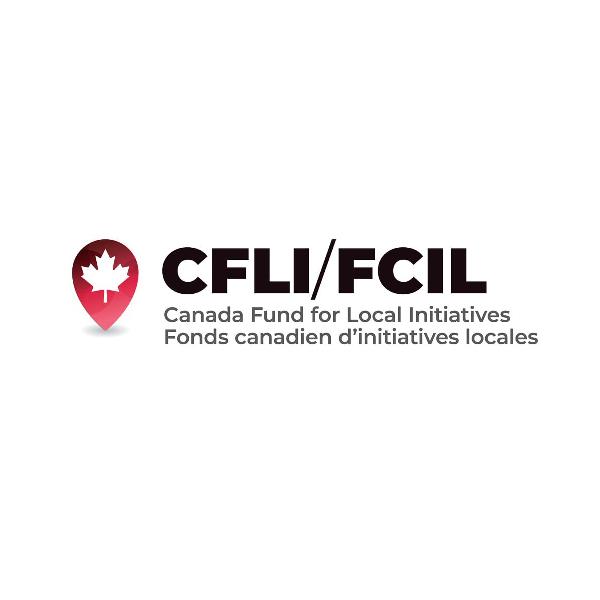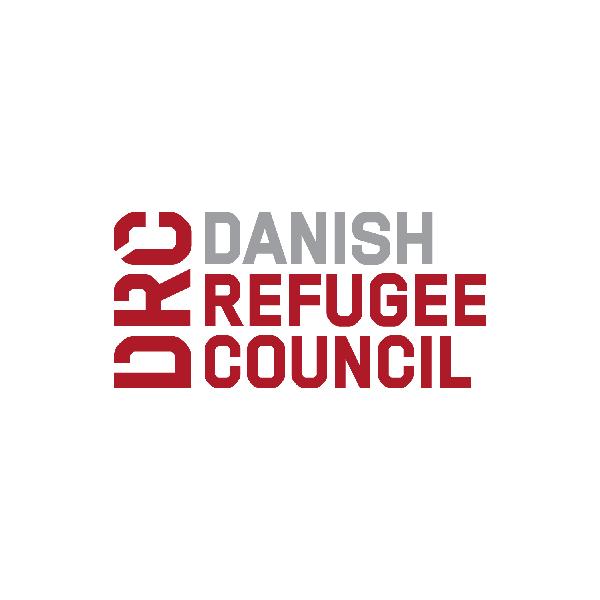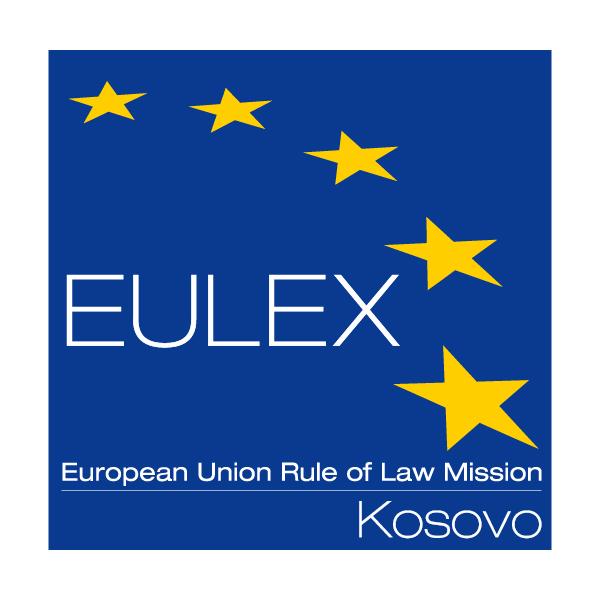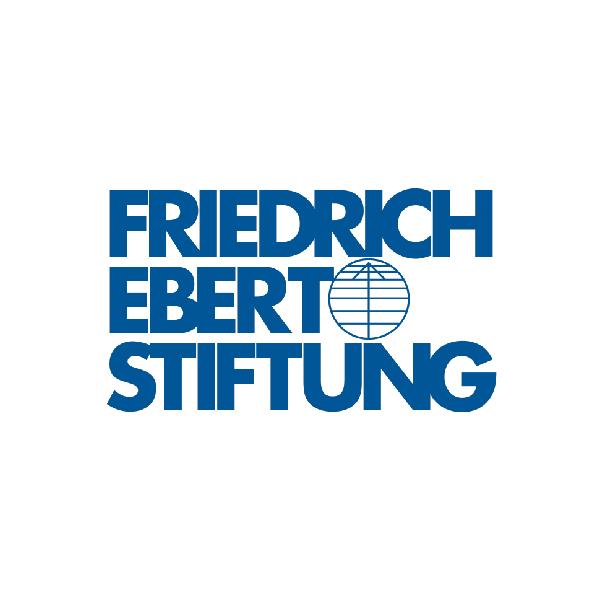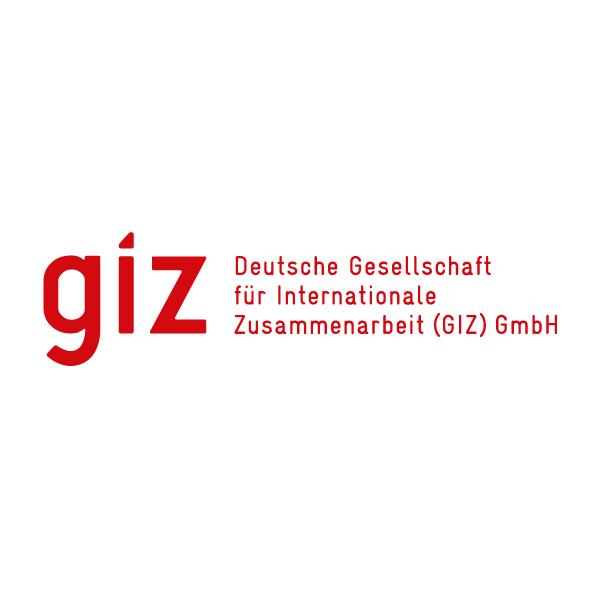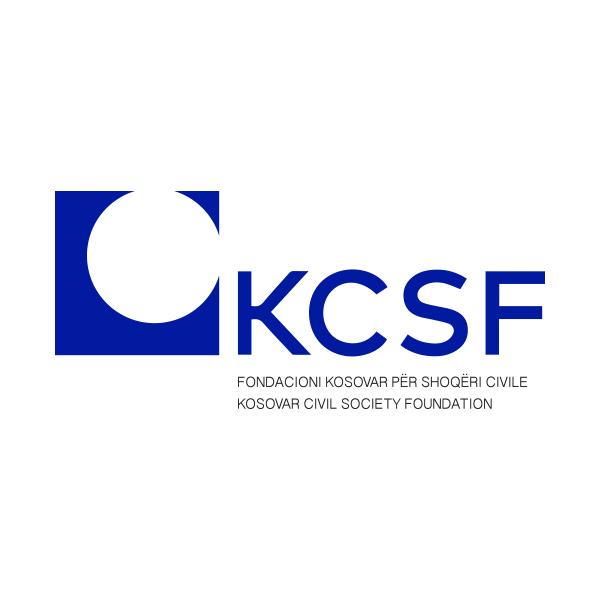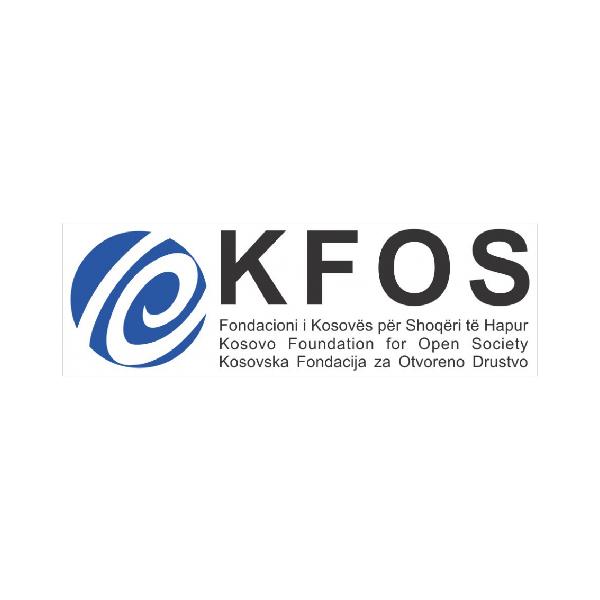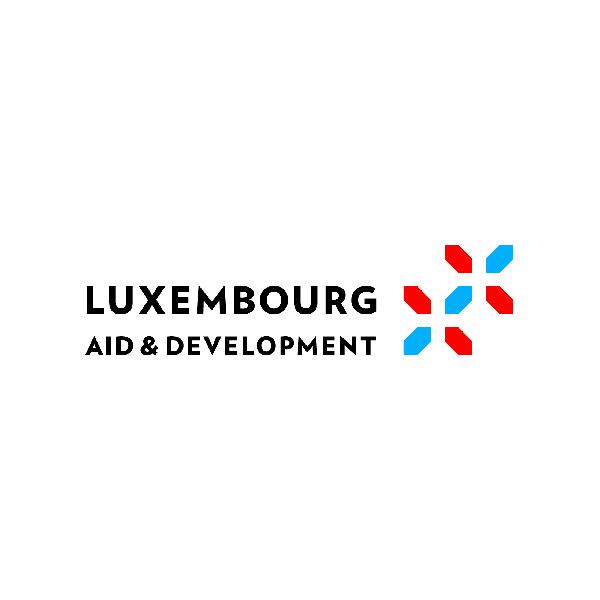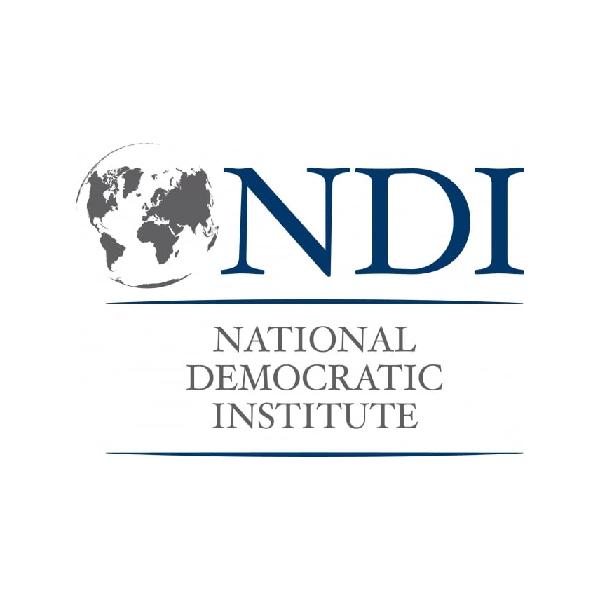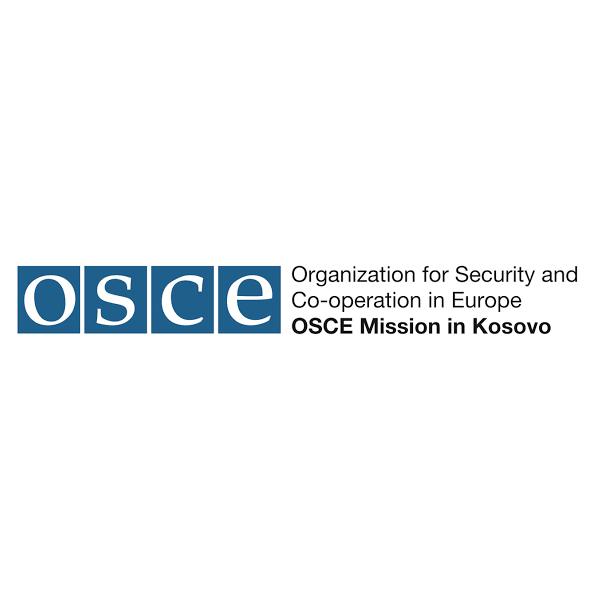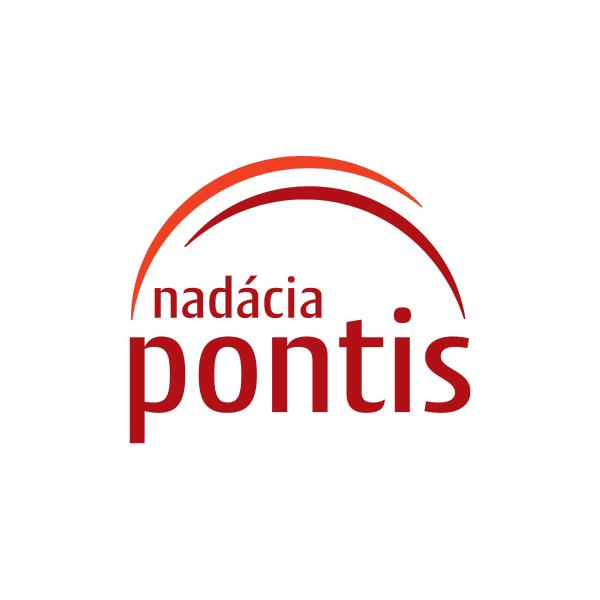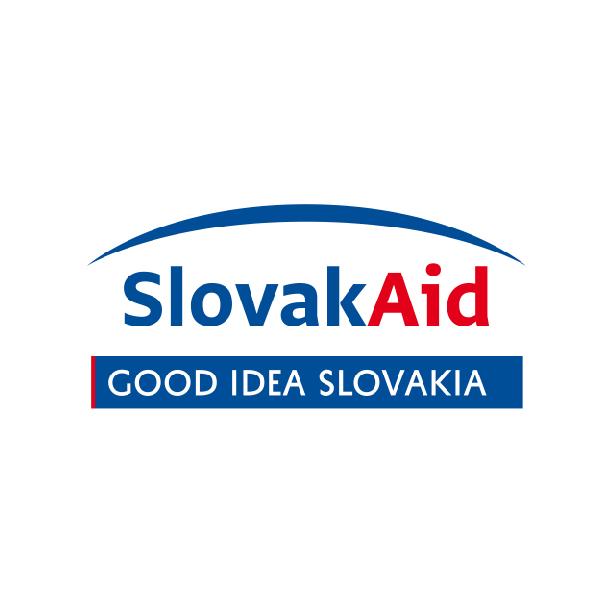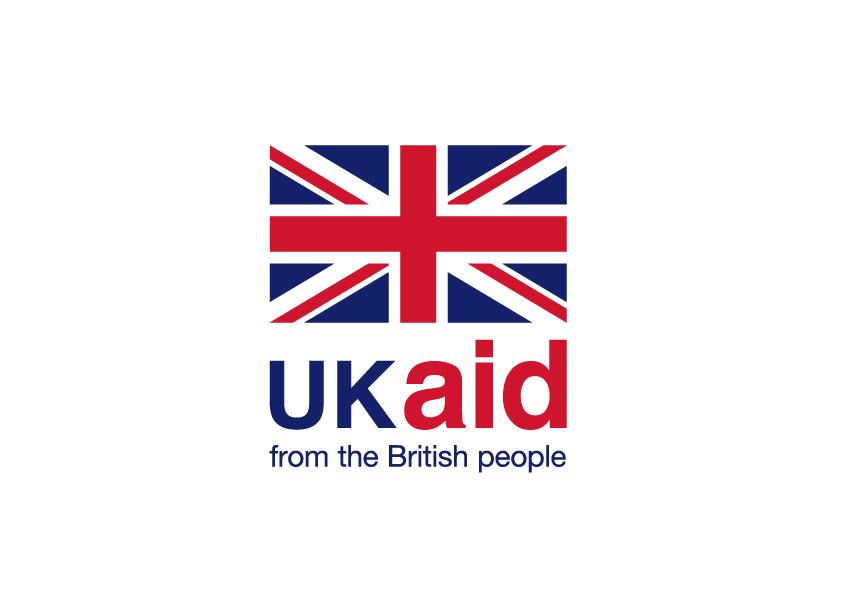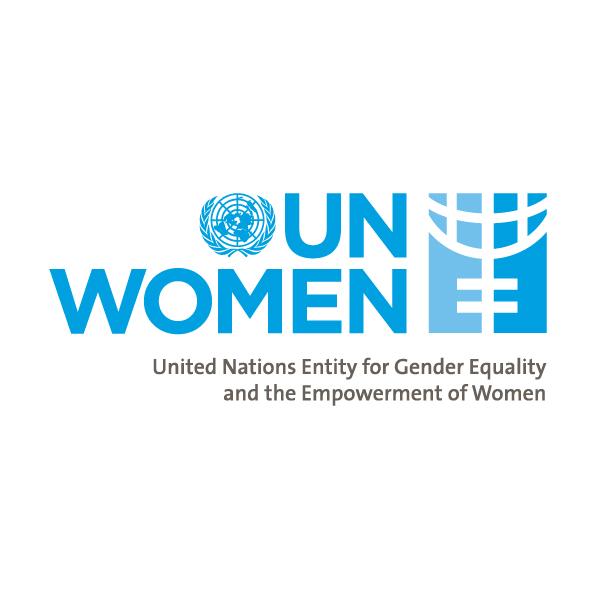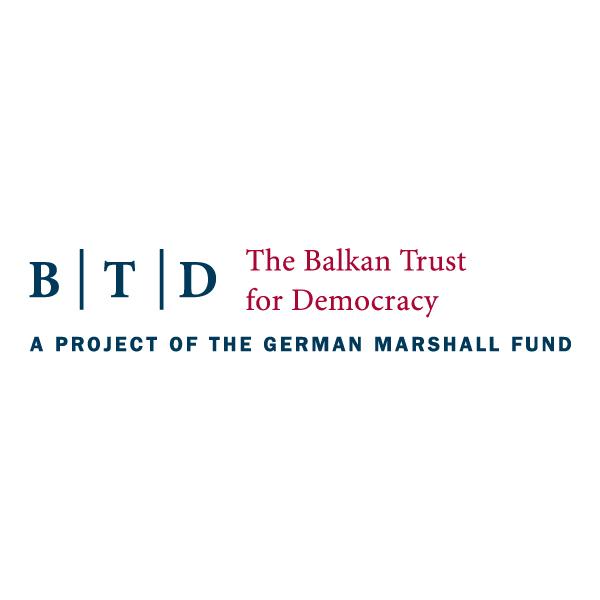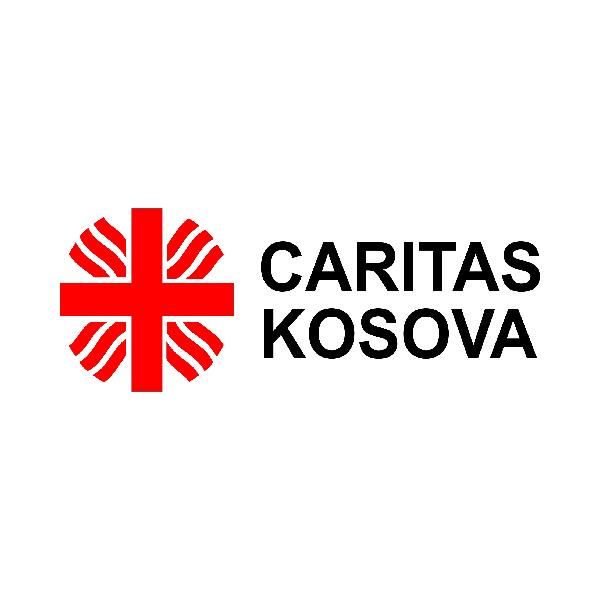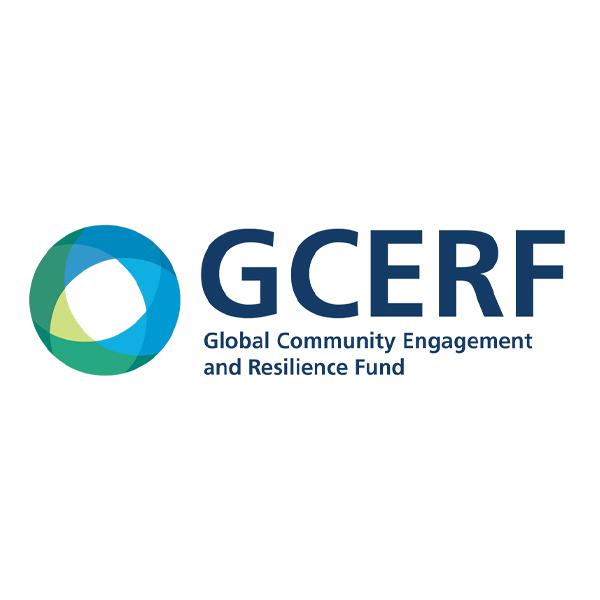The Rapid Response Civic Group concluded that non-majority communities across Kosovo have faced numerous challenges in exercising their basic rights during the coronavirus pandemic. After two years of work and monitoring of trends in non-majority communities, the Group, formed by NGO Aktiv, submitted more than 800 reports from twenty-two municipalities in Kosovo. Failure to respect bilingualism/linguistic rights, unemployment, environmental endangerment, begging, are just some of the problems noted.
The Rapid Response Civic Group was established with the aim of overseeing the implementation of measures by relevant institutions in the fight against coronavirus in areas inhabited by members of non-majority communities. Apart from the public health crisis, the Group noted how communities faced numerous other problems – ranging from environmental issues to public safety.
The Group’s report shows that since the onset of the coronavirus pandemic, security has been singled out as one of the most important issues for the Serbian community in Kosovo. In terms of security, the trends were increasingly negative, with over 180 different incidents over a two-year period. In 2020 and 2021, as in the first three months of 2022, security is singled out as one of the most important issues for the Serbian community in Kosovo. Of particular concern for the Serbian community was the recurrence of incidents, the absence of public reactions by political elites, as well as the passive attitude of the Albanian-language media towards these incidents. As much as 37% believe that the security situation in 2021 deteriorated compared to the previous year. Physical assaults constituted the largest percentage of the 76 incidents recorded in 2020 in areas inhabited by Kosovo Serbs, followed by theft and destruction of private property, threats involving hate speech, as well as damage to religious structures.
During 2021, 87 incidents were recorded, the largest number of which were directed towards the facilities and property of belonging to the Serbian Orthodox Church (SPC): in the first quarter of 2022 alone, a total of 23 incidents were recorded, with one third directed towards the SPC. Following the situation in other non-majority communities in Kosovo, the Rapid Response Civic Group has noted numerous concerns.
More detailed information and a cross-section of the situation from this report can be viewed by clicking on the
Panhandling, education, refugee return, unemployment, access to identity documents, language rights, are just some of the problems raised by members of the Roma community. In the Gorani community, frequent restrictions on electricity, the problem of mini hydroelectric power plants, health care, language rights were singled out has issues of concern. The Bosniak community points to human rights violations related to language use, as well as widespread unemployment.
On the other hand, the Albanian community’s biggest problems in northern Kosovo are employment, co-operation with local institutions, incentives, and return. In the Turkish community, language rights and education were marked as the biggest problems. In addition, during the pandemic, the Group also pointed out numerous weaknesses in the functioning of central institutions, with members of non-majority communities being often denied access to information of public importance in their mother tongue. In such an information vacuum, conspiracy theories, fake news and other media anomalies were spreading, which has clear potential for a deterioration of public health.
Having in mind the problems discussed above, the knowledge, energy, experience, and commitment of NGO Aktiv and members of the RRCG will be aimed at preparing proposals for new policies, at insisting that government institutions respect and adhere to relevant legislation, and at working to strengthen non-majority communities whose participation in socio-political life should lead to the improvement of their position in Kosovo society.
The views and findings expressed in the published text and video content are the sole responsibility of the NGO Activ and do not represent the views of the Balkan Trust for Democracy (BTD).


